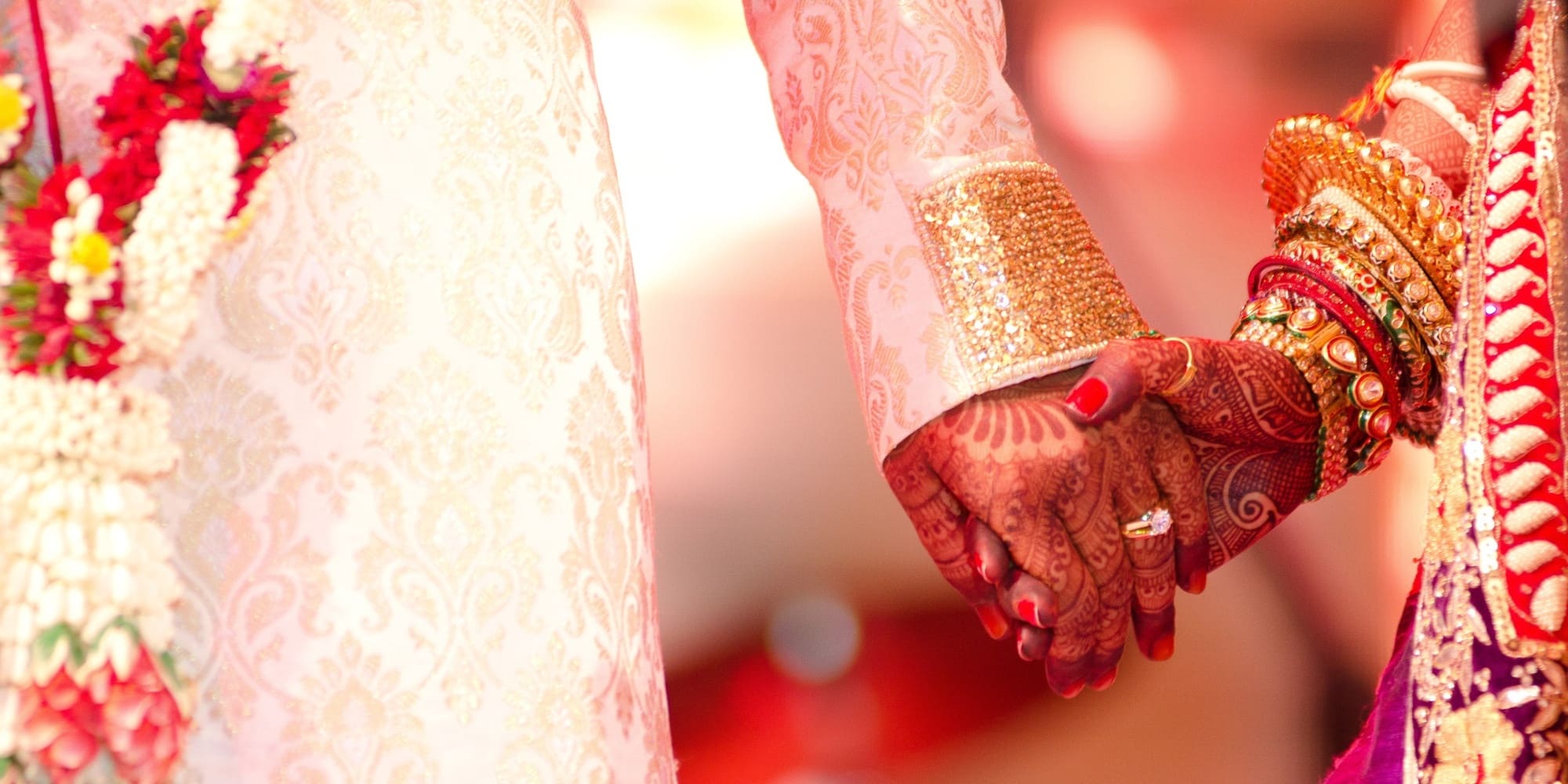
Essentials of a valid Hindu marriage in India
Hindu brides and bridegroom who are united by the sacred tie of marriage are legally protected according to the Hindu Marriage Act of 1955. There are several ways a man and woman might be married in line with Hindu tradition, so the type of ritual which must actually occur has not been prescribed by law. The main objective of the Act was to modernise and codify the legal framework governing Hindu marriage. In addition to altering and codifying Sastrik Law (ancient Hindu Law), it included divorce and division, both of which are previously covered by Sastrik Law. This legislation made Hindu law the same for all Hindu communities. In India, many religions each follow their own civil laws that govern their followers differently.
What are some of the essentials of Hindu marriage in India?
Only one spouse: Bigamy is prohibited by law; therefore a man is not allowed to have numerous wives at once. Bigamy, defined in Section 5 of the Act as having two living wives simultaneously, is prohibited. It means that one must divorce their marriage before getting married to a different person (divorce). He will be punished in line with Sections 494 and 495 of the Indian Penal Code, 1860, if he does the act, which is illegal.
Prescribed marriageable age: Legal requirements specify when a person may get married. The bridegroom has to be least 21 years old and the bride has to be least 18 years old when they are married, as stated in Section 5(iii) of the Hindu Marriage Act of 1955. A marriage that is not upheld by the law is null and void.
Right to live under the same roof: Act of 1955 aims to safeguard the parties’ union: Section 9 of the 1955 Act provides for the restoration of marital rights. The ability to stay together is referred to as restitution of marital rights. Rights resulting from a marriage are known as conjugal rights. The fundamental tenet of Section 9 is that a spouse has to have the right to live under the same roof in order to protect and uphold the sanctity of their marriage.
Pay attention to the parties getting marrieds’ mental stability: If a person was mentally incompetent when they got married, their marriage is void. Before becoming married, the person must also give their legally binding permission. In Section 5(ii)(a),(b), the requirements for Hindu marriage with regard to mental competence are listed (c).
Meaning of the wedding ceremonies: According to the law, if two individuals marry using the traditional rituals and privileges, their union is valid. Any children who are born after marriage must be cared for and protected by the father because they have a legal right to exist.
Conclusion: The Hindu marriage act covers a wide range of requirements one needs to fulfil to be able to marry. This not only includes the above mentioned ones but also some rules such as the relationship between a husband and a wife should not be that of a brother and sister and other such close relations. One can contact well known lawyers such as Advocate Neha Batra, in Delhi to understand the details more deeply




